Register: send an email to danny.klaar@tennet.eu.
Prosumers, active distribution systems, local flexibility, independent aggregators, distributed resources, local energy communities, peer-to-peer trading, these are some of the important buzz words in our industry today. The European Clean Energy Package has introduced rules aiming to accommodate such developments and these rules are now being implemented in the new Dutch energy act.
In this CIGRE C0 Meeting, we will discuss the system impacts of these developments. The meeting will be kicked off with two short presentations. One presentation by Ronald Jansen, senior policy officer at the Ministry of Economic Affairs and Climate). He has been involved in the drafting of the new Dutch energy act. Ronald will explain what legal changes will be made to accommodate the new developments. The 2nd presentation will be given by Michiel Dorresteijn (senior consultant at Energy21). He has worked with Stedin on a market model (Layered Energy System) that aims to facilitate prosumers and local energy communities.
After that, the topics will be elaborated in four parallel subgroups with active participation from all attendees. Each group will get specific questions to address.
Finally, the results will be discussed in a plenary session.
CIGRE C0 is the cooperation of the Dutch CIGRE national committees C1, C2, C5 and C6. These four Study Committees focus on the system aspects of large power systems.
Programme
15:00: Start
- Introduction by the Chair: Paul Giesbertz (Statkraft)
- Update on recent CIGRE developments: Danny Klaar (TenneT)
- Presentation: The new energy act; by Ronald Jansen (Ministry EZK) (in Dutch)
- Presentation: Layered energy system pilots solving distribution grid issues; by Michiel Dorresteijn (Energy21)
16 :00 : Break-out sessions - Sub-group 1 System Planning. Chair: Maksym Semenyuk (DNV)
o What is the impact of active prosumers on system planning? Are new models and scenarios needed? How can TSOs/DSOs be better facilitated in their decision making process? - Sub-group 2: System Operation. Chair: Danny Klaar (TenneT)
o Can distributed resources be used for congestion management? Can existing congestion management practices for the transmission grid be applied to distribution grids? Can distributed resources be used for system balancing without DSO involvement? Are new forms of cooperation between TSOs and DSOs needed? - Sub-group: 3: Markets and regulations. Chair Thijs Slot (DNV)
o Which market arrangements and regulations are required to enable the transition? Does the new Dutch Energy Act enable these developments? Given these conditions: Which innovate business models are most promising? Does the new Dutch Energy Act sufficiently enable these business models? Are there business models that would be needed/ useful (from system perspective) but that are not enabled with this new Act? What could/ needs to change? More specific: How can distributed resources be used for congestion management without distorting the functioning of the market? Will the independent aggregator have a real added value or will retail suppliers offer similar services? - Sub-group 4: Technologies and digitalisation. Chair Irina Melnik (Alliander)
o Are new platforms needed and for which functions? Are coordination tools needed for the use of distributed resources? Which configurations for e-mobility and charging are promising? What are the impacts of digitalisation on cyber security and are processes becoming too dependent on availability of platforms?
16h30: Conclusions - Presentation of main findings of each sub-group
- Plenary session
17:00: Closure
